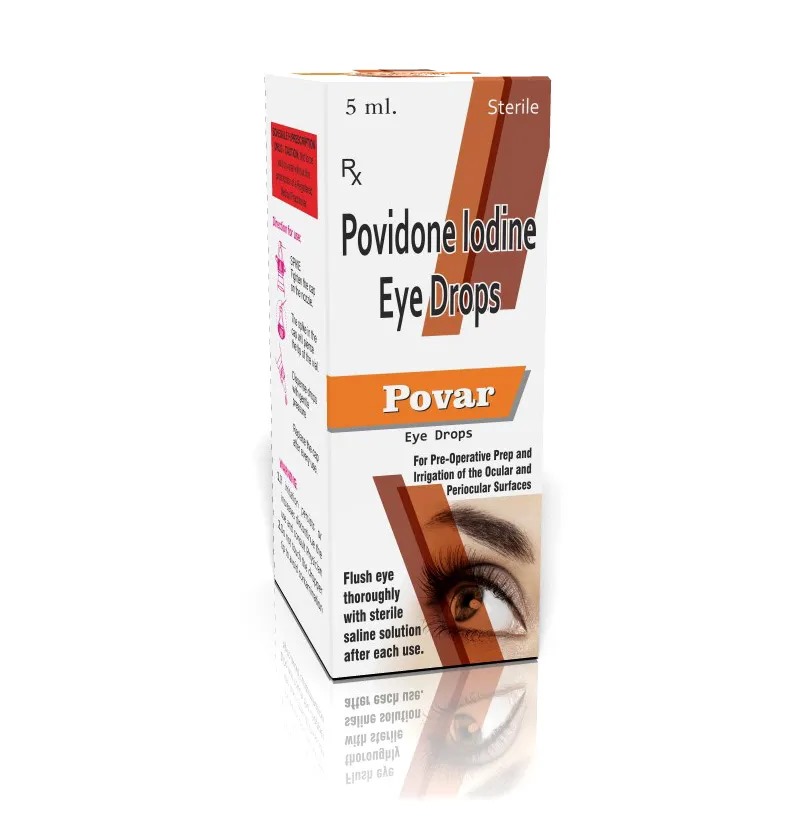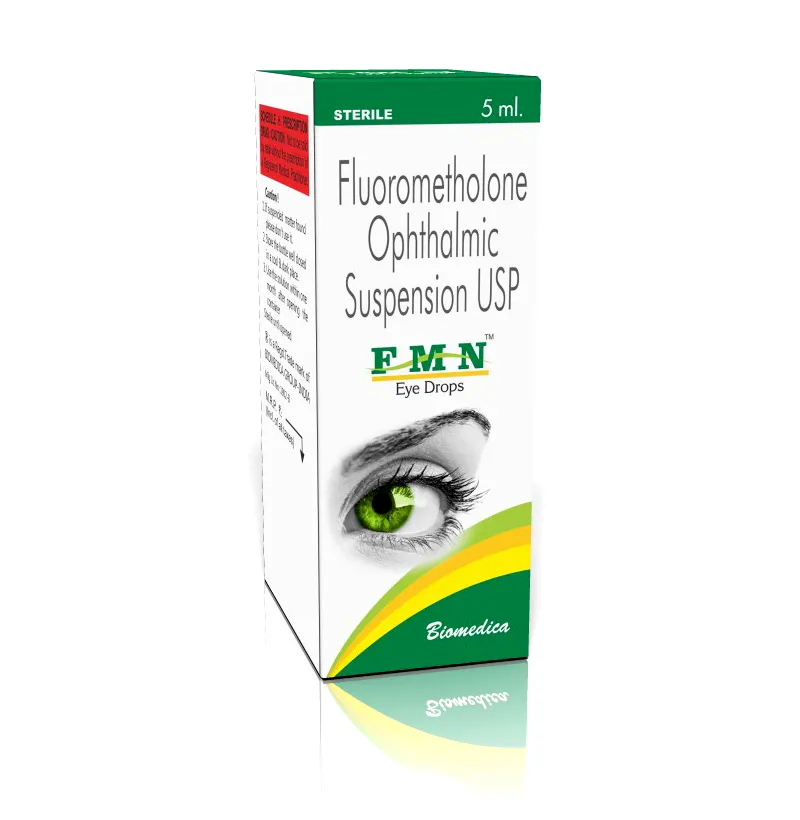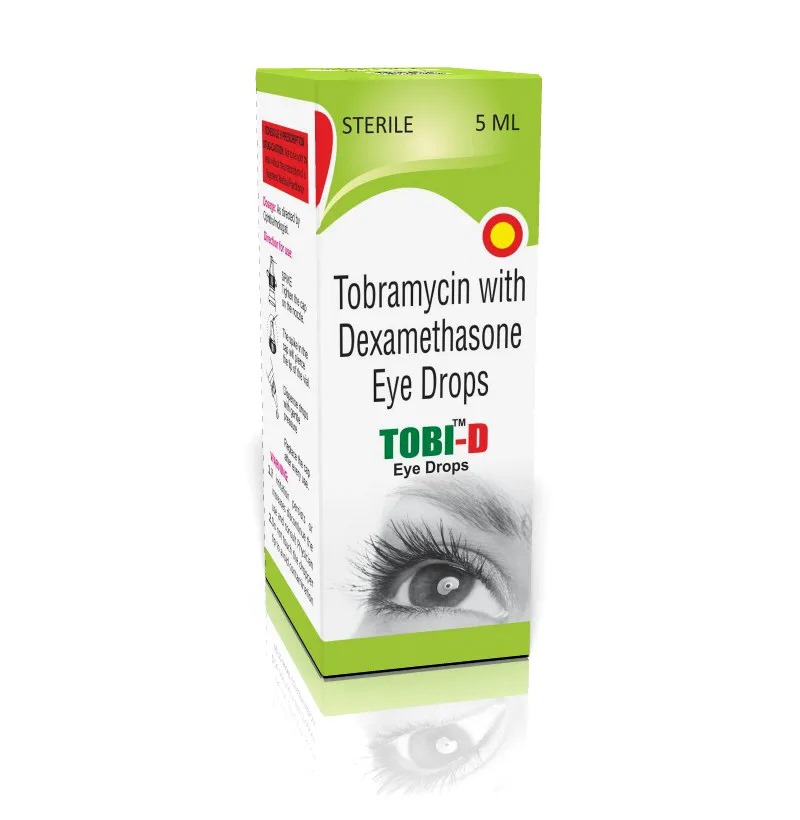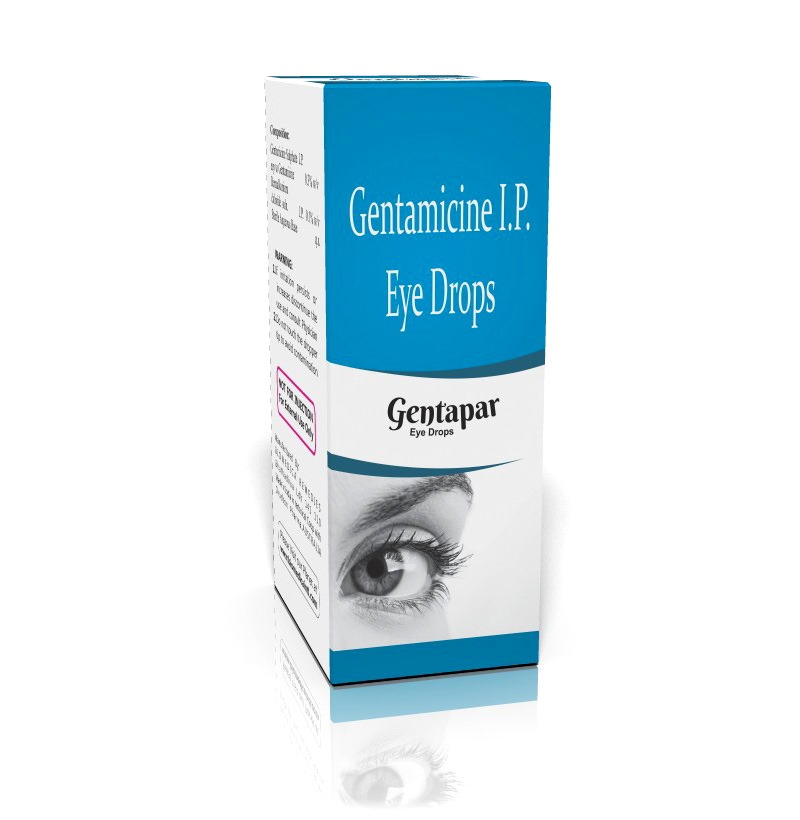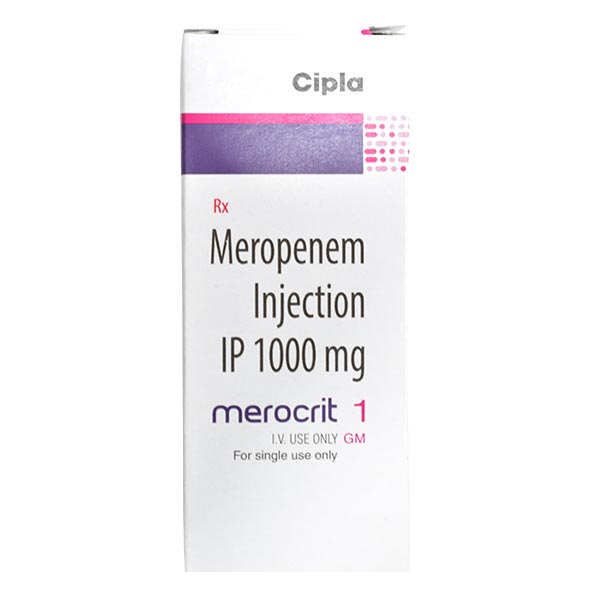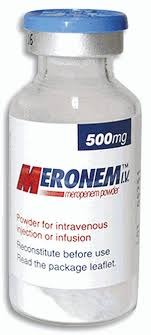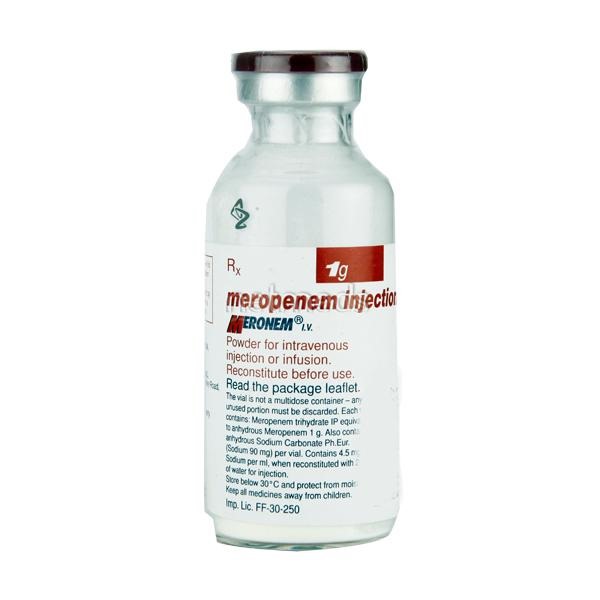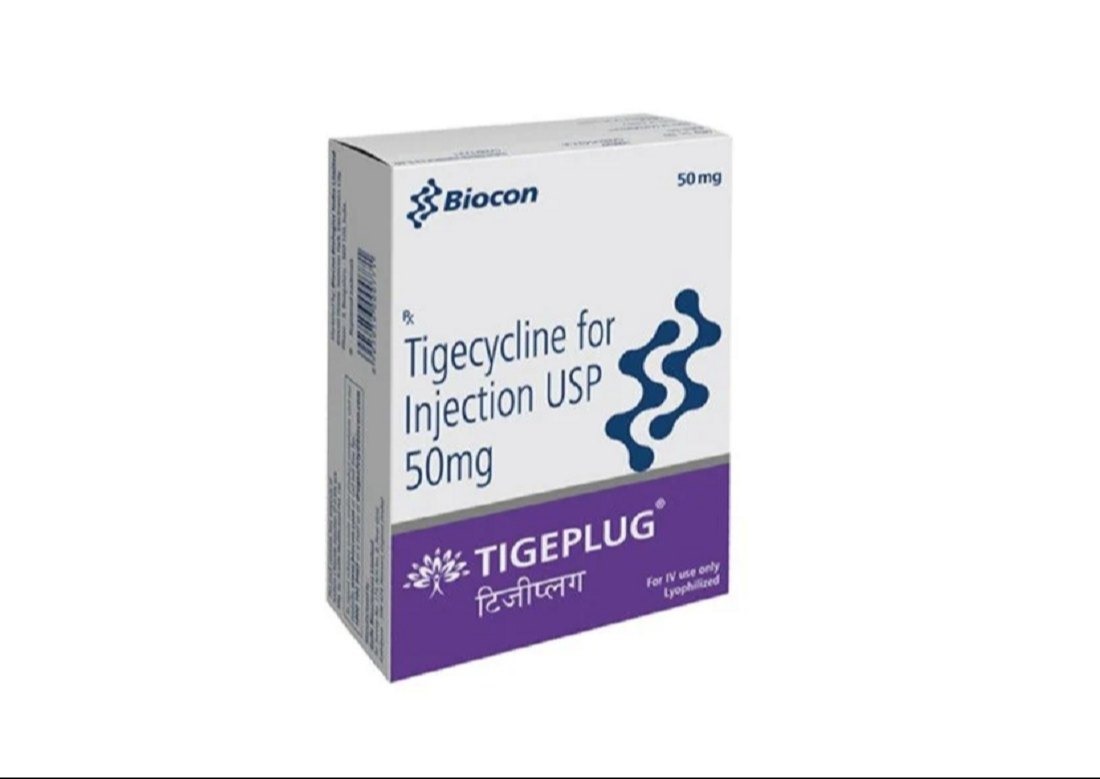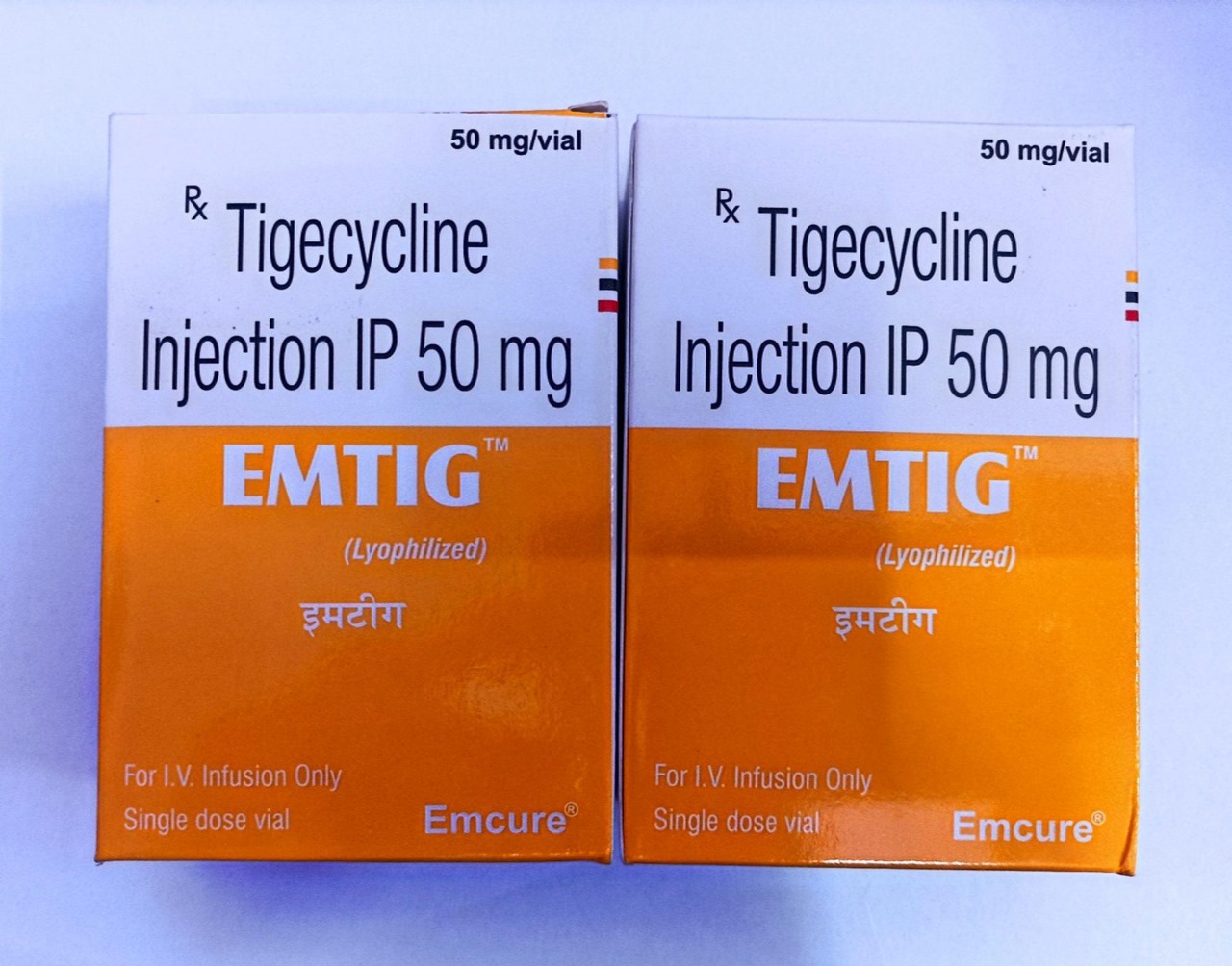Povar (Povidone Iodine) Eye Drops are antiseptic ophthalmic solutions primarily used for preoperative and postoperative eye care, as well as for certain eye infections. The active ingredient, povidone-iodine, is a broad-spectrum antimicrobial agent effective against bacteria, viruses, and fungi. ________________________________________ 🔍 Uses of Povidone Iodine Eye Drops 1. Preoperative Antisepsis Applied to the ocular surface before eye surgeries such as cataract or glaucoma procedures to reduce the risk of postoperative infections. 2. Postoperative Care Used after eye surgeries to prevent infection and promote healing of the ocular surface. 3. Treatment of Conjunctivitis In some cases, povidone-iodine eye drops are used to treat bacterial or viral conjunctivitis, commonly known as pink eye. 4. Prevention of Ophthalmia Neonatorum Instilled in newborns' eyes shortly after birth to prevent gonococcal or chlamydial eye infections. ________________________________________ ⚠️ Safety and Side Effects • Common Side Effects Temporary stinging or burning sensation upon application. Mild irritation or redness of the eye. Temporary yellow discoloration of the whites of the eyes or surrounding skin. Serious Side Effects Signs of an allergic reaction, such as rash, itching, swelling, or difficulty breathing. If any of these occur, seek immediate medical attention. Precautions o Do not use if allergic to iodine or any components of the product. o Use with caution in individuals with thyroid disorders due to potential iodine absorption. o Not recommended for use in infants under one month of age. o Avoid concurrent use with other antiseptic eye drops containing mercury-based preservatives or sodium thiosulfate.
